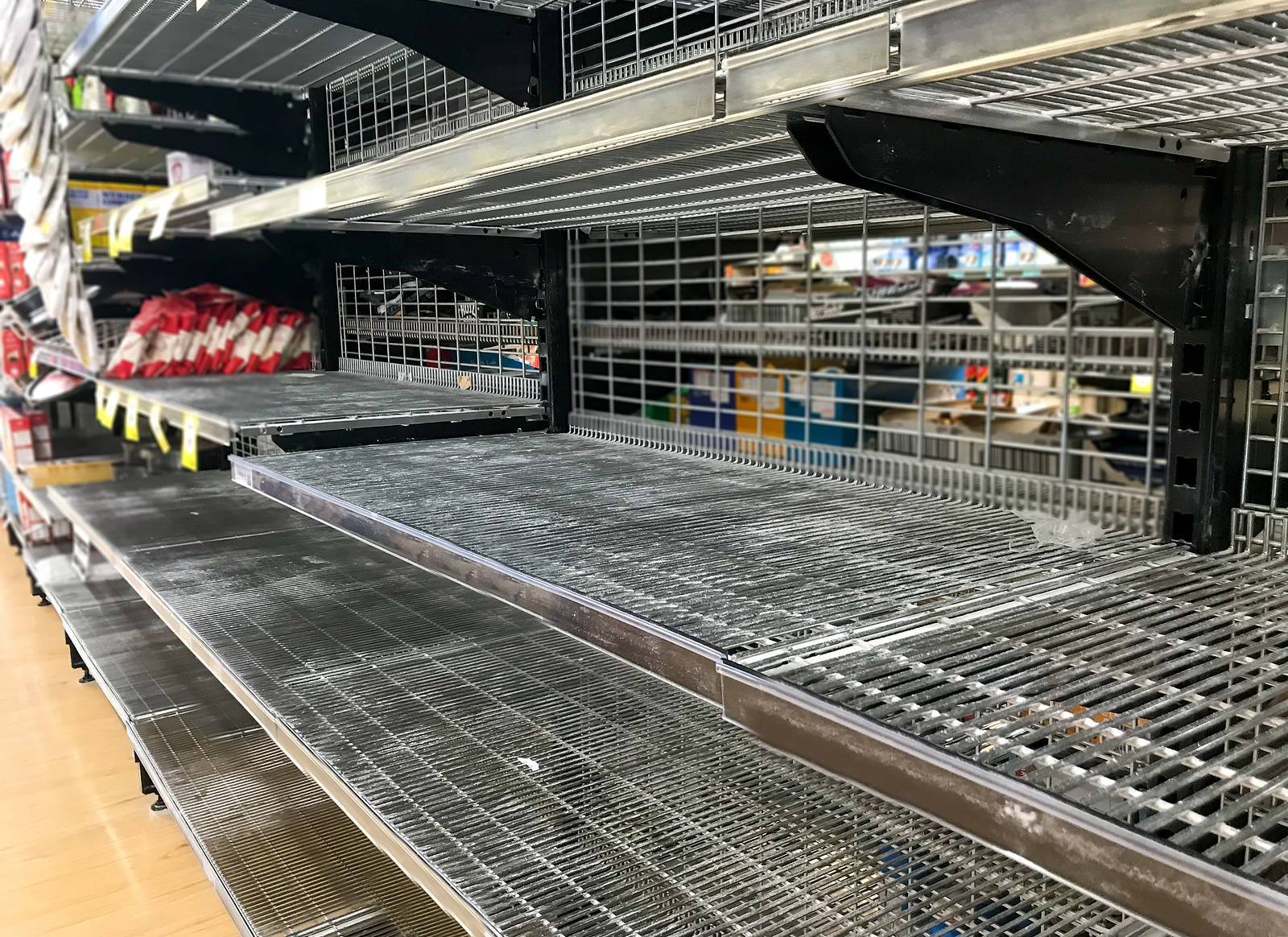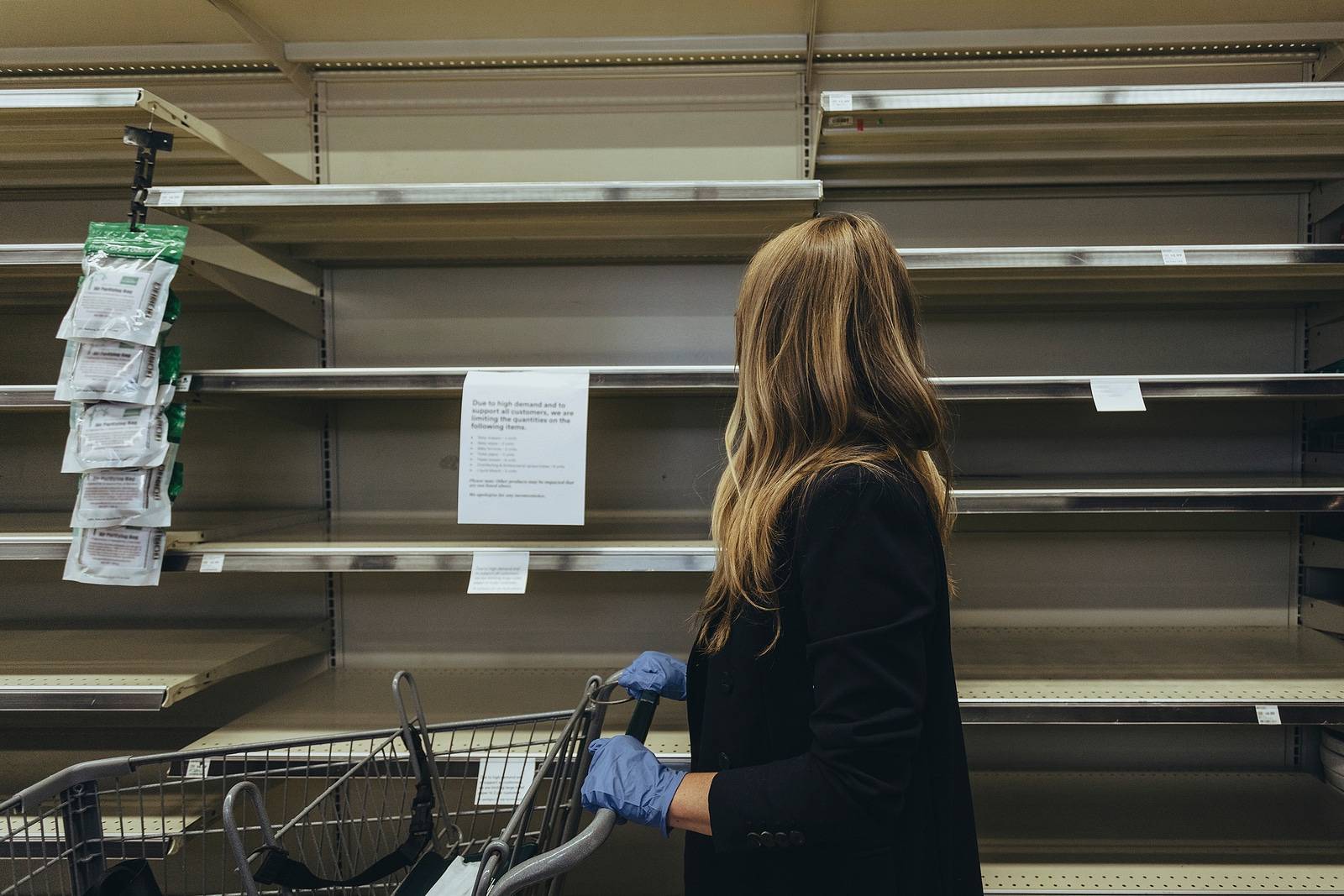What is JIT? What Does it Mean?
The speed of delivery is an integral part of supply chain management. A common term used is just-in-time. So what is JIT? It’s a production strategy that facilitates speedier order fulfillment, therefore keeping inventories low. It ensures the finished goods are delivered when required for sale, so the manufacturer is not left with unwanted inventory if an order is canceled. While Just-In-Time (JIT) benefits are well documented, it brings unprecedented issues with the supply chain.
Application of JIT in Biden Administration
There’s no doubt the coronavirus pandemic brought disruption in the supply chain. The US was forced to rely on other countries for critical goods. Since the manufacturing companies used the JIT production strategy, the administration created near-term bottlenecks in the transportation, agriculture, and construction industries.
The president is now trying to bring the stakeholders to diagnose the problems and decide on action. The team decided to review four product areas where the US relied on imports – high capacity batteries, semiconductors, critical minerals, and pharmaceuticals. While addressing the press, Mr. Biden said the move was meant to curb the supply chain resiliency.
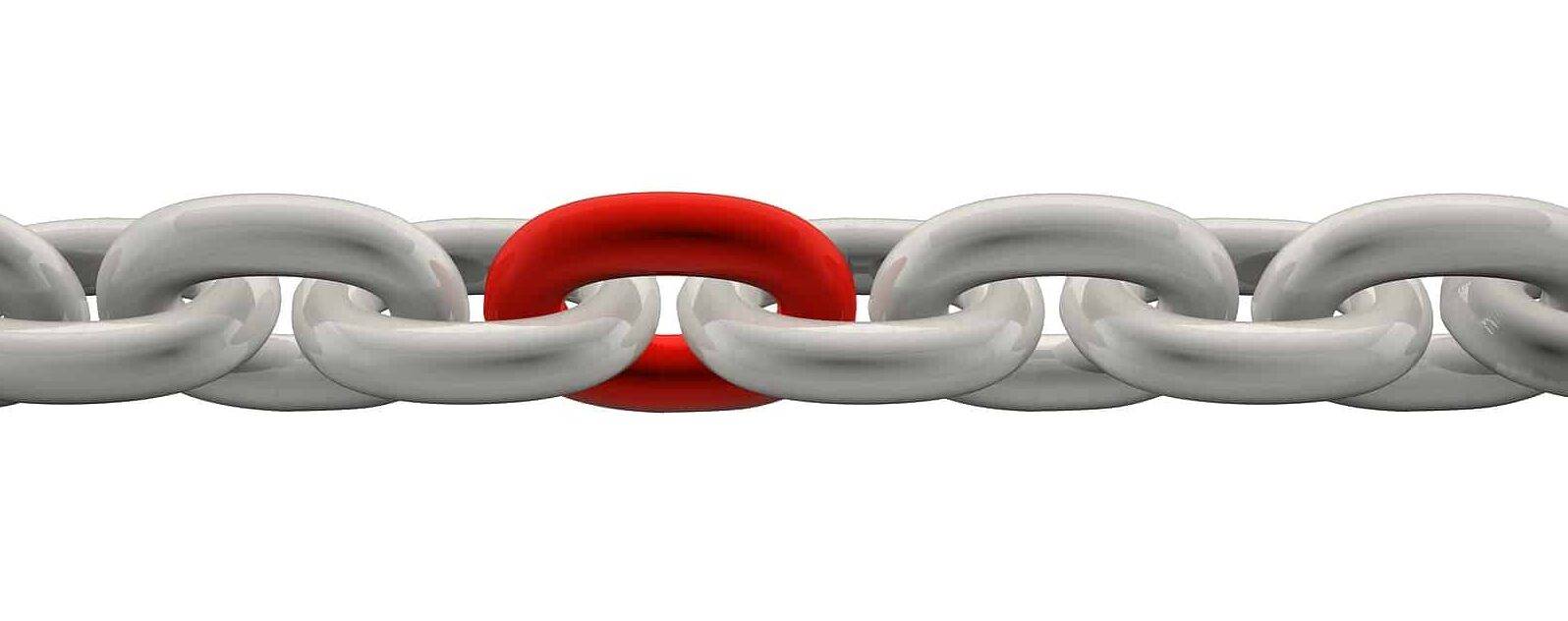
What is JIT? What Does it Mean?
One of the key recommendations is using $60 million to increase the production of active ingredients in pharmaceuticals. The interior department was also authorized to identify sites where minerals can be produced in the US. As part of the effort, the strike force would take actions against companies that engage in unfair trade practices.
The administration has also imposed tariffs on foreign steel since producing these materials was essential for national security. In addition, Biden recommended people invest in electric vehicles and use renewable energy. But experts believe that a shift to cleaner energy requires a supply of critical minerals – most of which are produced overseas.
For example, lithium is a core component of batteries produced in China, Chile, Argentina, and Australia. This is why the government has to rely heavily on imports.
What will happen?
In JIT, there’s no inventory buffer. This means that businesses suffer when one element of a product is delayed. Just-In-Time strategy deals with existing orders, thus not an efficient system to handle a sudden surge in product demand. Also, customers must wait for the company to receive the supply of products. While producing goods for sale means spending less on raw materials, the company could use more.
Using Just-In-Time in manufacturing can make businesses run out of stock. This is because you base your demand on forecasts, and you work hard to ensure you have the right amount available for your customers. It’s a common issue when manufacturing using this technology.
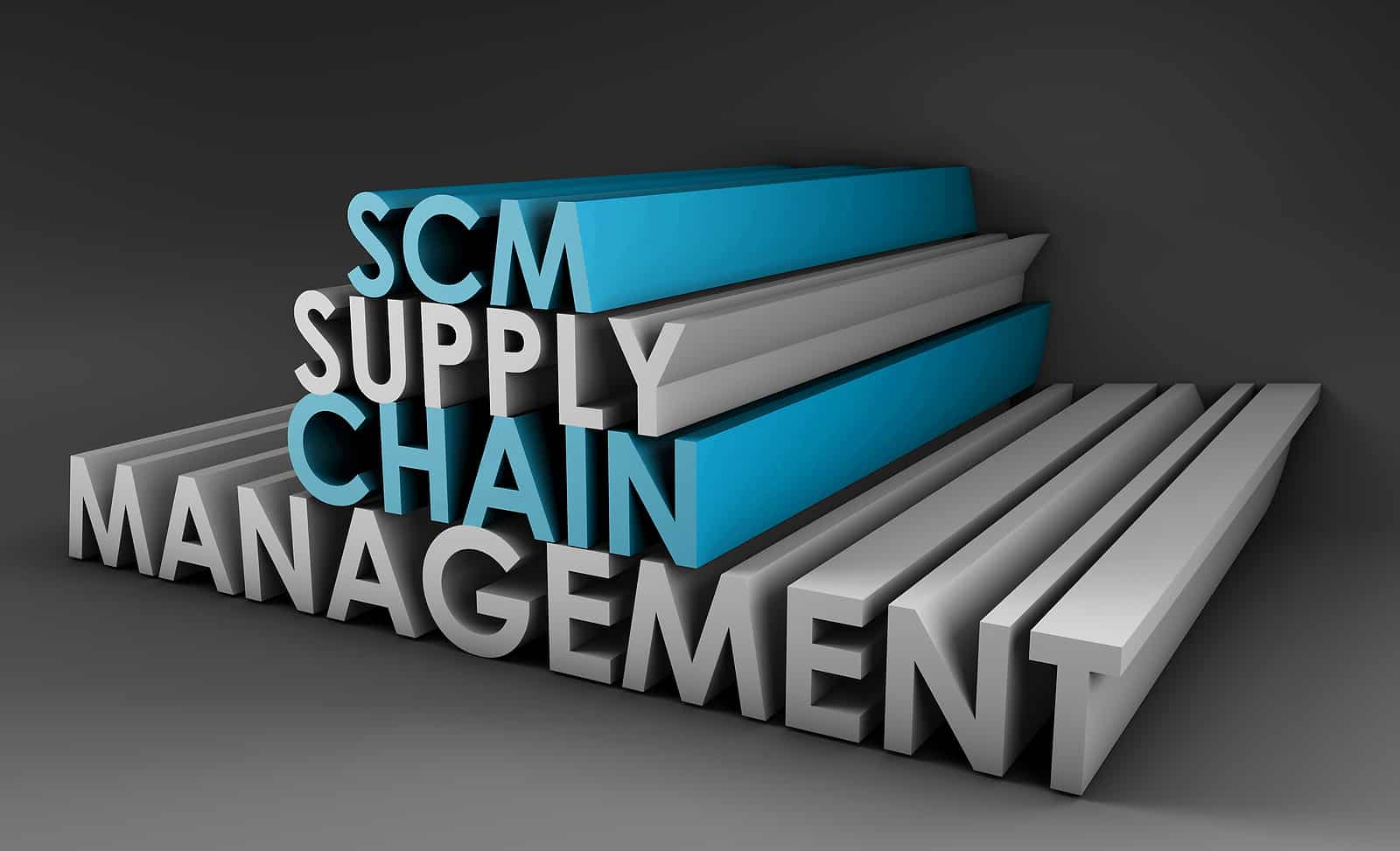
What is JIT? What Does it Mean?
More planning is required as companies have to deal with seasonal sales periods to meet consumer demand. It will help if you plan for instances where products need a higher stock level. Since the US lags on manufacturing clean energy technologies, it’s forced to rely heavily on imports.
JIT exposed businesses to several risks. With no stocks to fall back on, a simple disruption can make the production stop at any time.
What if things don’t arrive on time? While JIT minimizes the risk of storing goods in large quantities, a supply shock means everything comes to a halt. For example, the 2020 economic crisis caused disruption. The surgical masks and ventilators could not be delivered on time to meet the surge in demand.
Supply shocks
Under the standard inventory model, businesses place large materials from wholesalers. Once the production depletes the production of raw materials, you get a convenient time buffer. Suppliers are willing to fill the orders on short notice. But when there’s no back stock of inventory materials, you’ll experience delivery delays which translate to unhappy customers. The problem gets worse when manufacturers are forced to increase the cost of materials due to shortages.
The Coronavirus pandemic caused many auto plants to close. Now they are being forced to appeal to allies for emergency supplies.
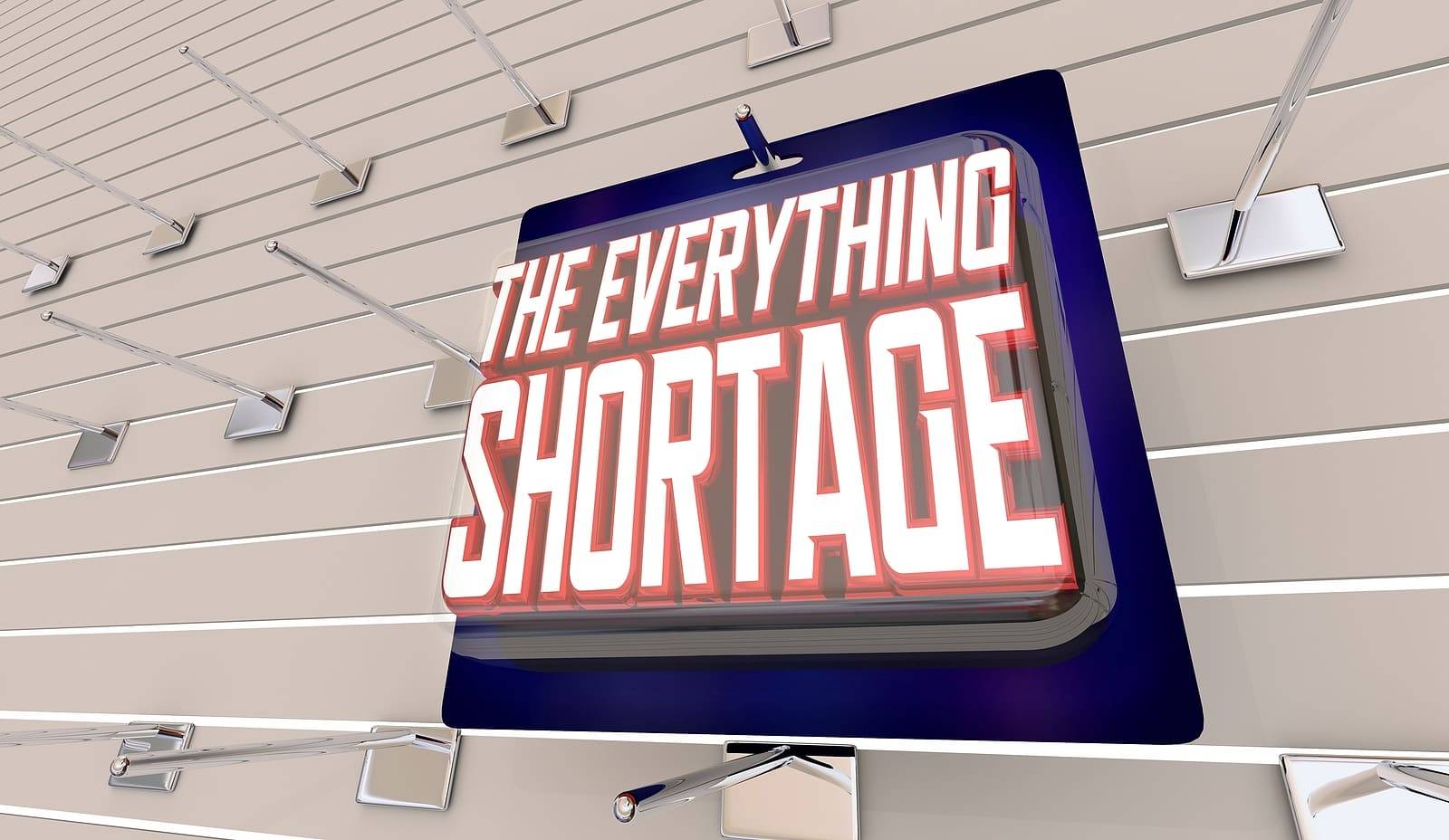
What are the applications of JIT?
Small businesses and corporations can use the JIT strategy. Some industries that have benefited from Just-In-Time inventory include tech manufacturing, on-demand publishing, restaurants, and retailers.
How will this affect everyone?
While the Biden administration has vowed to bring back more manufacturing, the progress has been low. Companies are now forced to unlock lithium supplies in North Dakota and Nevada. But such efforts come with serious environmental effects. And manufacturing companies have to meet the cost of additional shipping charges that accompany frequent orders.
There’s now a holistic effort to ensure the businesses stop overreliance on foreign governments like China for raw materials.
Read more – How Supply Chain Issues Impact Everyone
Follow us on Facebook and Twitter.





